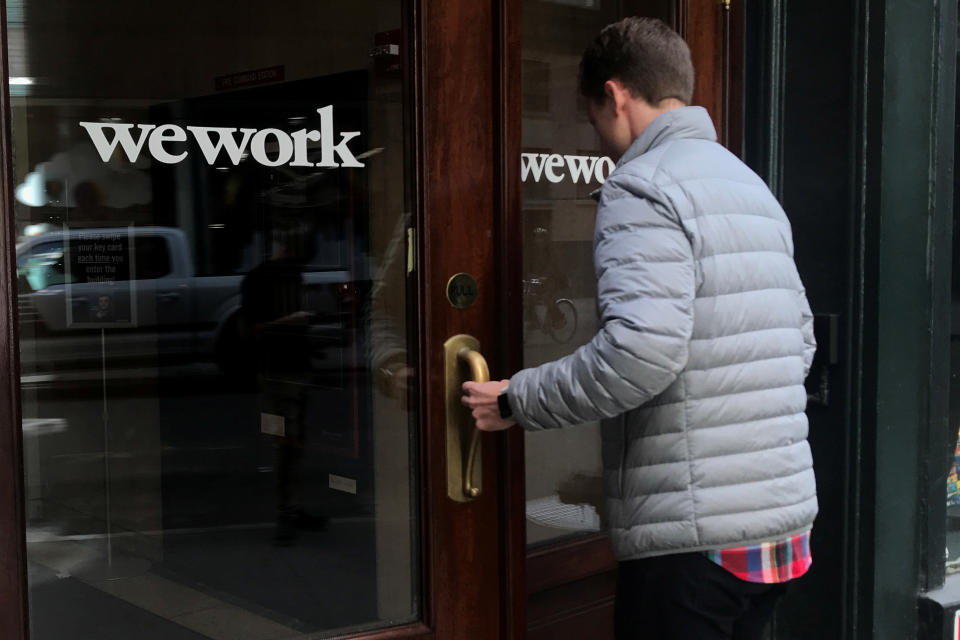Alan Patricof: WeWork meltdown is the bottom of the IPO market
Private equity pioneer Alan Patricof called the botched WeWork initial public offering the "bottom" in the IPO market — and said that a lot more companies will go public.
Speaking at the Greenwich Economic Forum last week, the co-founder of venture capital firm Greycroft called the WeWork IPO debacle the trough of a market that’s punished high-flying unicorns recently.
However, the WeWork saga will likely have a "real impact" on any company in the process of floating an offering, Patricof added. Specifically, it will make those companies re-examine their corporate structure, directorship setup, and how they report earnings, he explained.
With companies like Uber (UBER), Lyft (LYFT) and Slack (WORK) all having disappointed in their debuts, "I think there's going to be a lot more scrutiny about companies who really don't have an economic model that works yet that has not been proven, not that they are making money, but the model itself doesn't show it has any economic viability,” Patricof said. “So, I think that was an important event."
When Patricof started Greycroft in 2006, he said he didn't expect any of his portfolio companies to get sold in a public offering because the market had just disappeared. That was pretty much true until the end of 2018, and it has since opened up.
"I have been saying for the last six or nine months I think we've changed. I think we are now in a period of time when the IPO market has opened up,” he told attendees. “And it closes very quickly, by the way.”
Even still, WeWork’s spectacular failure has changed the nature of the market, he warned.
“I think it's going to be a little more discriminating than it was in the first few months of the year, and a lot of companies got out, and people are taking second looks to see if the emperor has clothes on,” Patricof said. “I'm positive about the outlook that that there will be a lot more companies going public."
‘A seminal piece’

WeWork’s carefully laid plans to become a public company quickly jumped the rails, and forced one of its major investors — Japanese conglomerate SoftBank — to bail it out at a fraction of its original valuation.
Meanwhile, there appears to be no end in sight to WeWork’s money woes: On Wednesday, the company reported that its Q3 loss more than doubled from a year ago, to around $1.3 billion.
Yet at the forum, Patricof said that "everyone should read the WeWork prospectus," calling the document "a seminal piece" for the language and methods its founders employed to justify its business model.
He referenced a rule the Securities and Exchange Commission adopted called Plain English Disclosure, which he explained "enabled you not to have stiff language, but to be more relaxed like you were talking to real people" in prospectuses.
According to the SEC, the idea behind the rule is "using plain English in prospectuses will lead to a better-informed securities market in which investors can more easily understand the disclosure required by federal securities law."
Patricof called the WeWork prospectus the "absolute height of simple, with all kinds of emotional appeals, adjusted, adjusted EBITDA numbers that just are mind-blowing."
